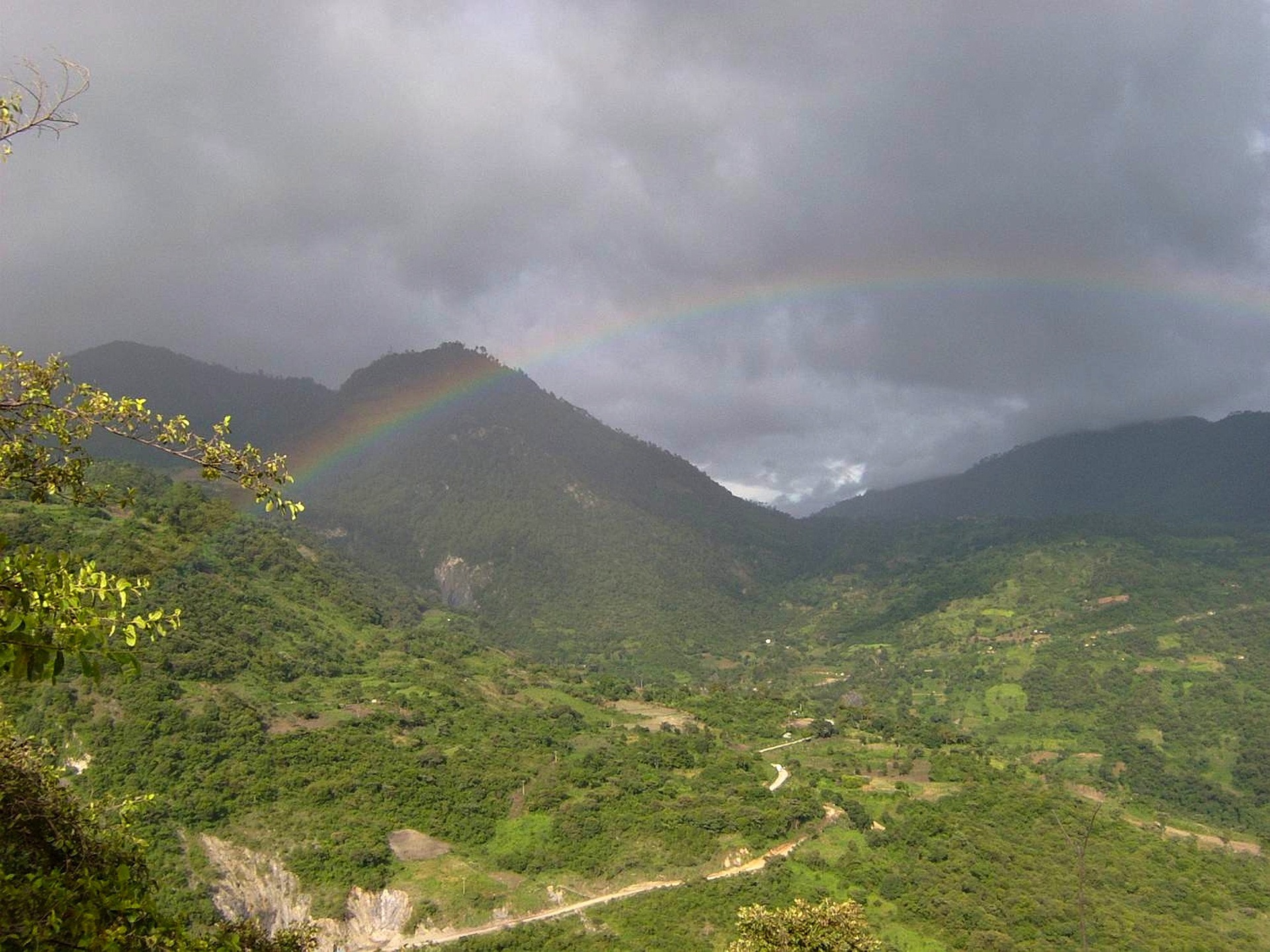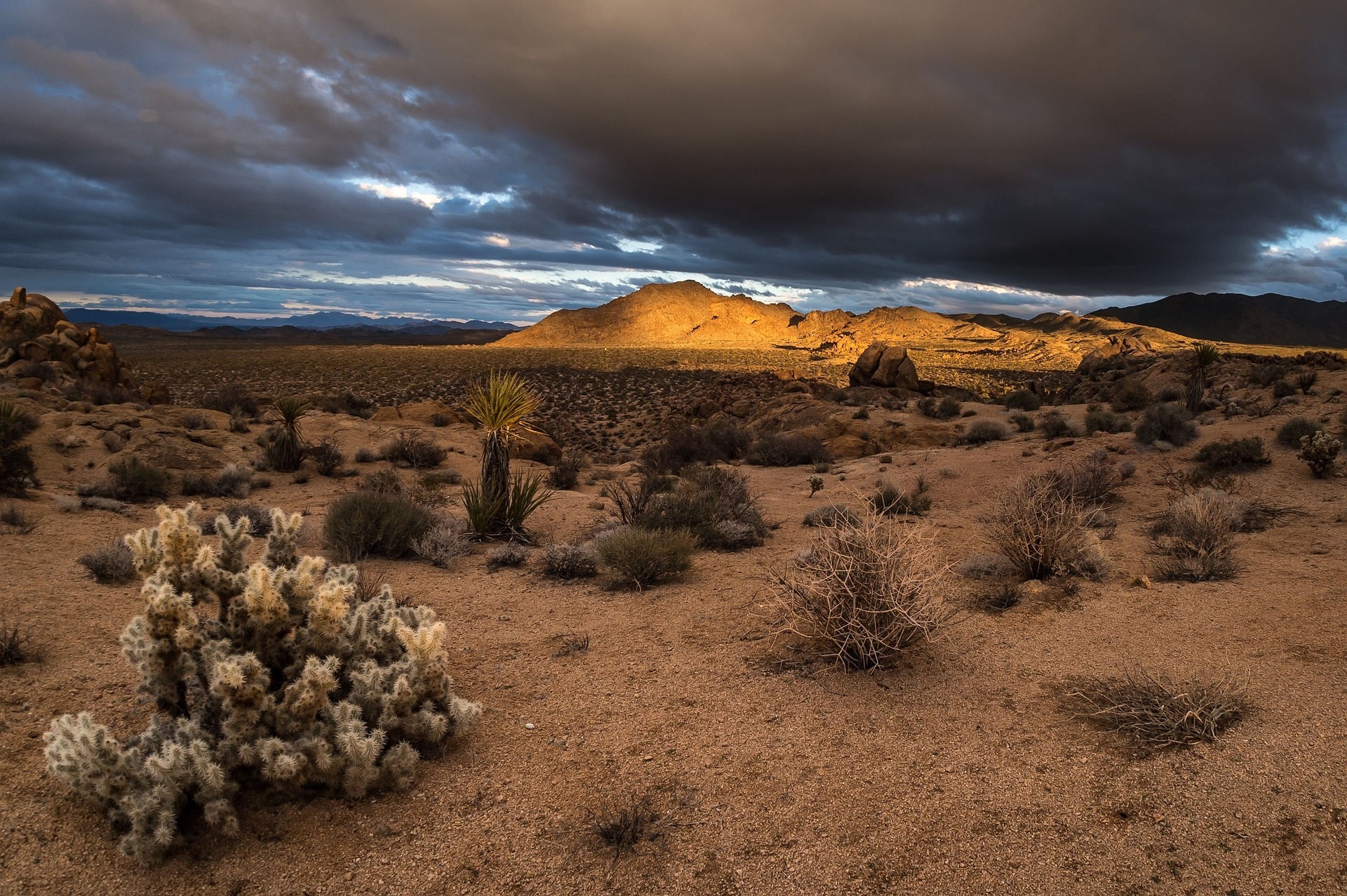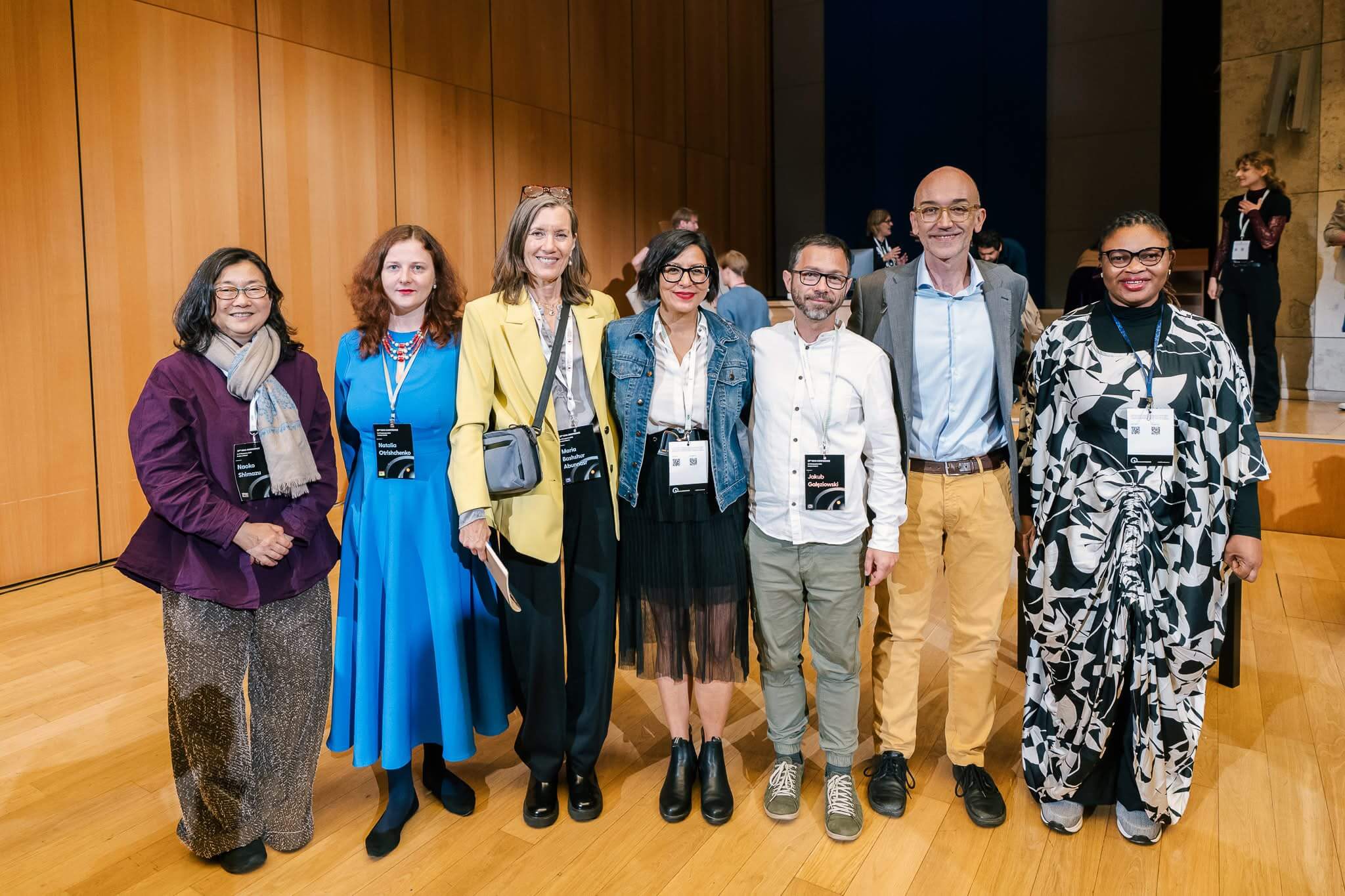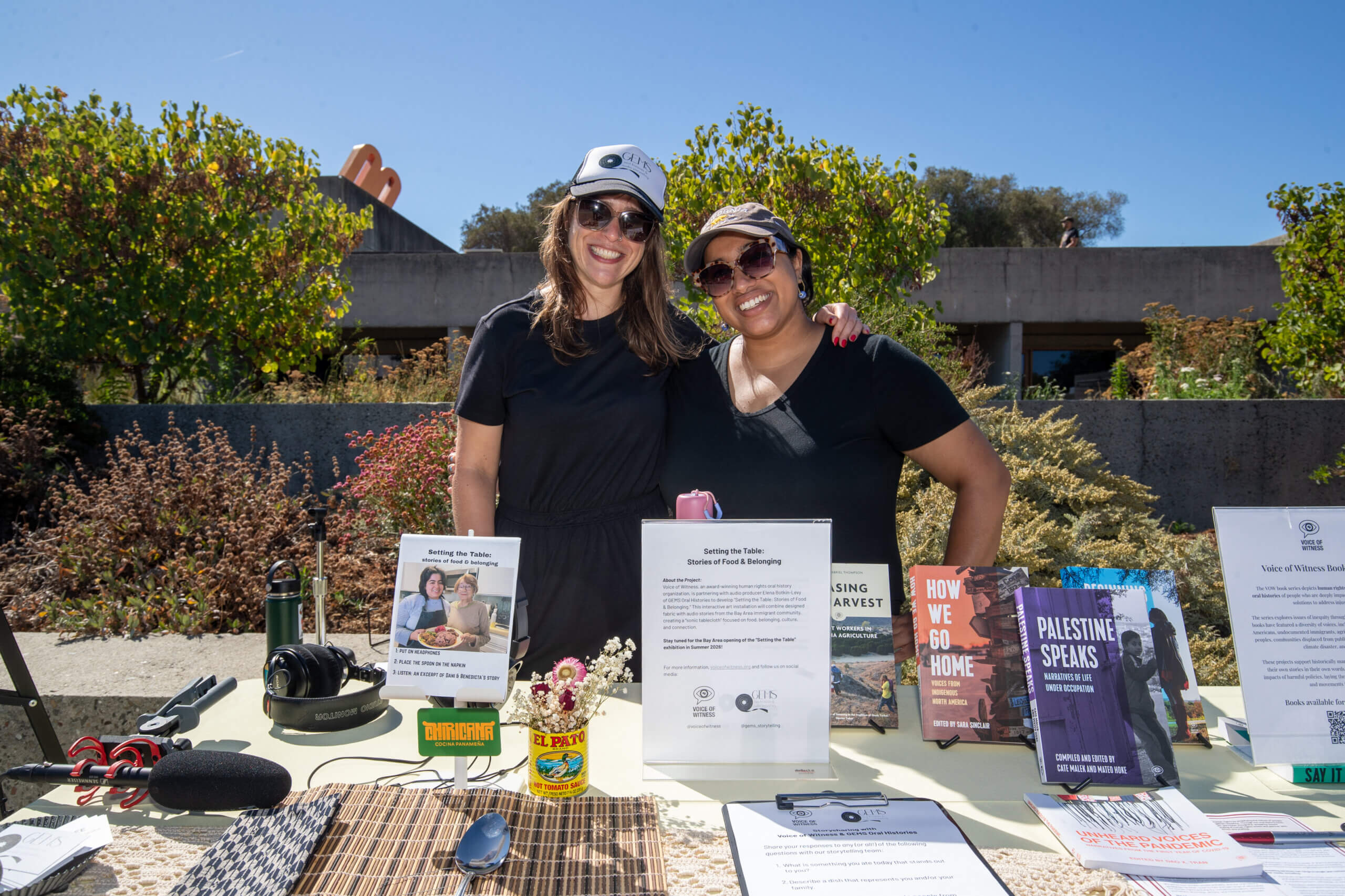What’s Indigenous Peoples’ Day? In 1992, the city of Berkeley, CA declared that the second Monday of October, also known as Columbus Day, would become a day of solidarity with Indigenous peoples around the globe. Ever since, the movement has spread across the country, from Minneapolis, to Phoenix, and recently, Los Angeles.
In honor of Indigenous Peoples’ Day, we wanted to share a couple of Indigenous stories from our oral history book series. We are currently working on a book documenting the experiences of Native peoples living on reservations in the U.S. and Canada, in which narrators will speak to the impacts of forced assimilation, displacement, and the human rights violations emerging from institutional problems within the reservation system. We look forward to sharing more with you as we complete these stories.

Abel
Narrator from Underground America: Narratives of Undocumented Lives
Abel fled his native country of Guatemala as a child amid a military counter insurgency campaign that targeted the indigenous population in the 1980s. By 1990, he had made his way to New Bedford, MA, where he now lives with his wife and son. Below is an excerpt from his story:
Then came the time of violence. The guerrillas were fighting the army. We were especially worried about General Lucas. (See footnote 1) He’s the one who wanted to kill all the indigenous people. And we were part indigenous. My father was Catequista. (2) And my mom is a traditional Mayan. Every time anyone saw us coming they’d say, “Here come the Indians, those chusmes.” (3)
One day we were detained by the army. It was the most difficult time of my life. It was a Friday. My mom is a midwife. She was taking a course in another town and had to walk four hours across the mountains. On our way home, some soldiers grabbed us. They accused us of being rebels. I was just a kid, barely eight years old. Because my mom was taking courses at the health clinic, for this, they thought we were part of the other side of the fight. But it wasn’t true.
They brought me to one spot, my mom to another. They had guns. They put the guns to our heads. And they told me to tell them about my father—where he slept and what he did. When I didn’t tell them, they hit me in the head. They threw me on the ground. They dragged my mom by her hair. I saw a soldier put a barrel of his rifle up her corte. (4) And they started to shoot their guns. I prayed. I asked God to keep them from doing anything bad to us. I don’t know about any miracles from God, but after torturing us for about two hours, they put us in their truck in the back with some other people. And then one of the soldiers guarding us fainted—he just fell down. I don’t know what the reason was. And so when he fainted, we ran away. Me and my mom. We jumped out of the truck and fled.

Charlie Morningstar
Narrator from Inside This Place, Not of It: Narratives from Women’s Prisons
Charlie is a Native American who was born biologically female but has identified as a male for as long as he can remember. In 1984 Charlie was convicted of the first-degree murder of his girlfriend and sentenced to twenty-seven years to life in prison. He contends that he is innocent of this crime. The following are brief passages from his story:
Before entering high school, I didn’t even know the word homosexual. Growing up, people on the reservation and at boarding school would talk about males being more girl-like, or females being boyish. There wasn’t really a stigma. Mostly, the reservation kids just accepted that I was once a little girl who became a little boy—without any surgery or anything, but just because of the way I was. They kind of took it like, “Okay.”
When I started going to public high school it became more apparent that people treated other people differently. I felt as if the students thought I was different because I was Indian. It was a predominately white school, and the other students there didn’t have anything to do with me, didn’t include me. It wasn’t really any blatant acts, though.
+++
In Native American culture, there aren’t just two genders, and the term “two spirits” is recognition that those people who are gay/lesbian/transgender are actually two spirit people,in their psychological self, their spiritual self. And that maybe the one spirit—male or female—is more dominant than the other, but always recognizing the other. This is a relatively new term in a lot of Indian languages. They used to have a word that meant “boy like girl.” People would say that you were born with female biology, but they usually knew early on in your life that you were more boy-like, or just the opposite for a male child. So in most Native American cultures, they recognize this as another natural form.
In Native American tradition, there’s no separation between your heritage, your religion, your anything. All of it really entails your spiritual self. The whole thing is that all living things created have a spiritual entity. My whole thing is to let people have a space to be themselves.
1. General Romeo Lucas Garcia, president of Guatemala from 1978 to 1982.
2. Catechist. Practitioners of Christianity who take religious instruction through a doctrine of question-and-answer study.
3. Derogatory slang meaning rabble or vermin.
4. Skirt.




